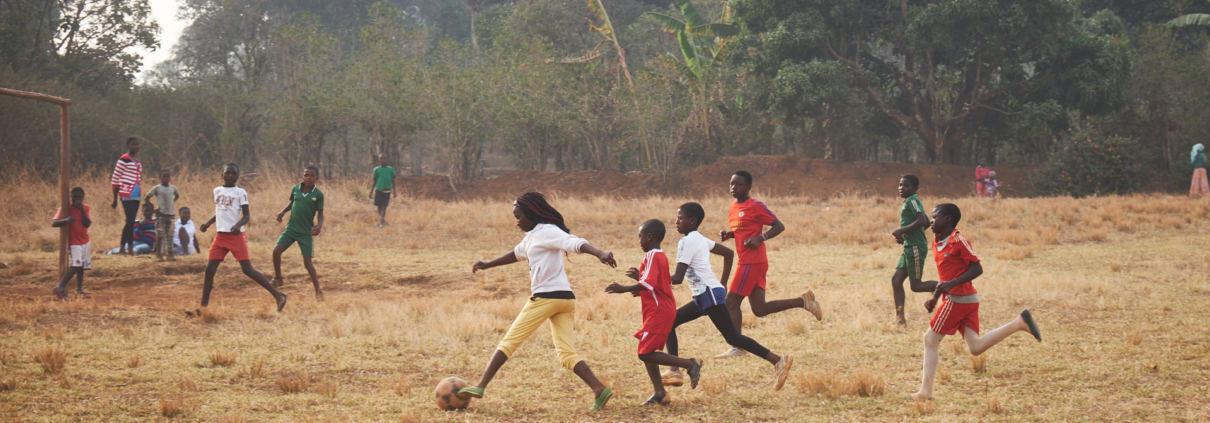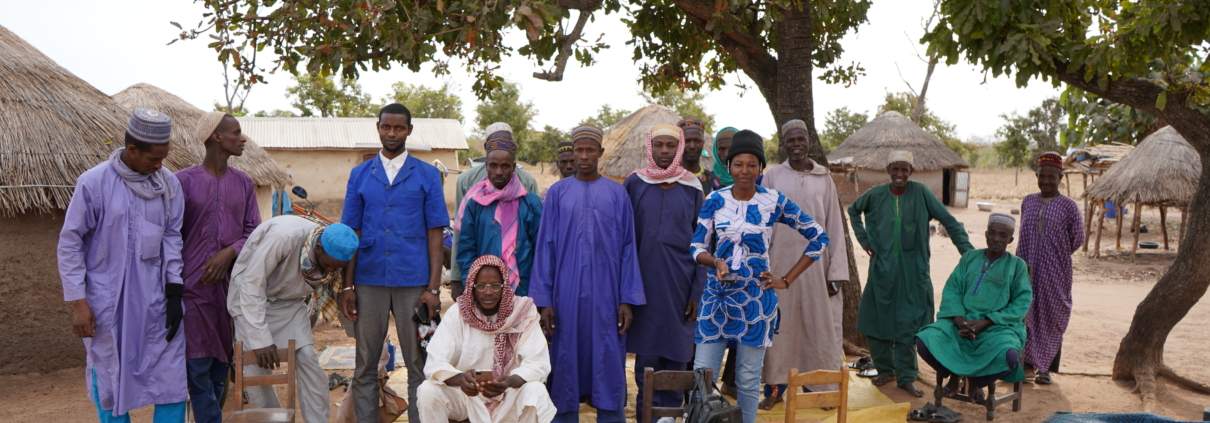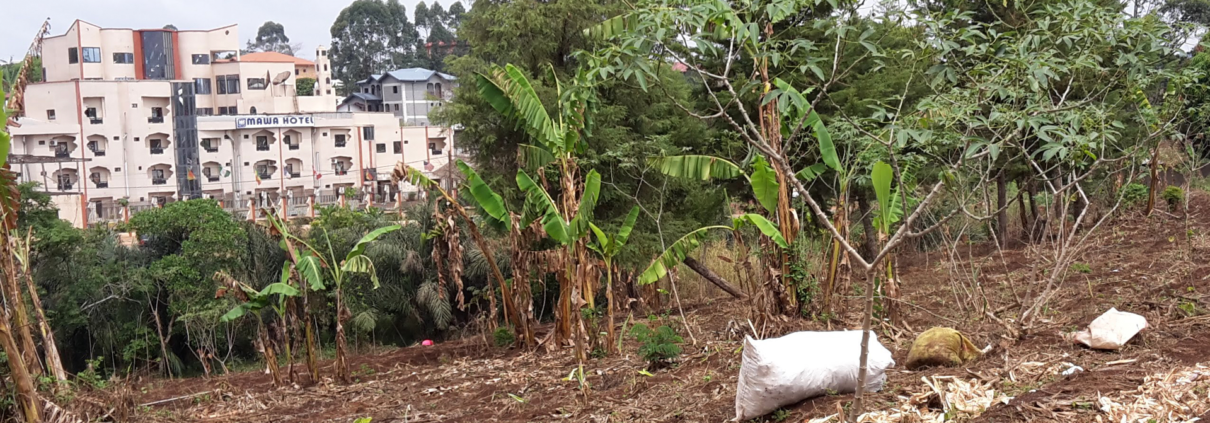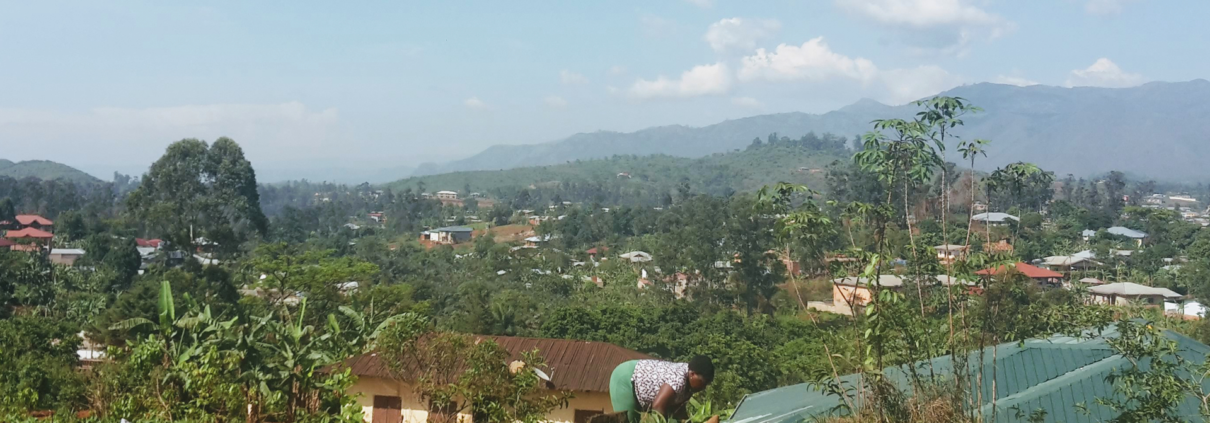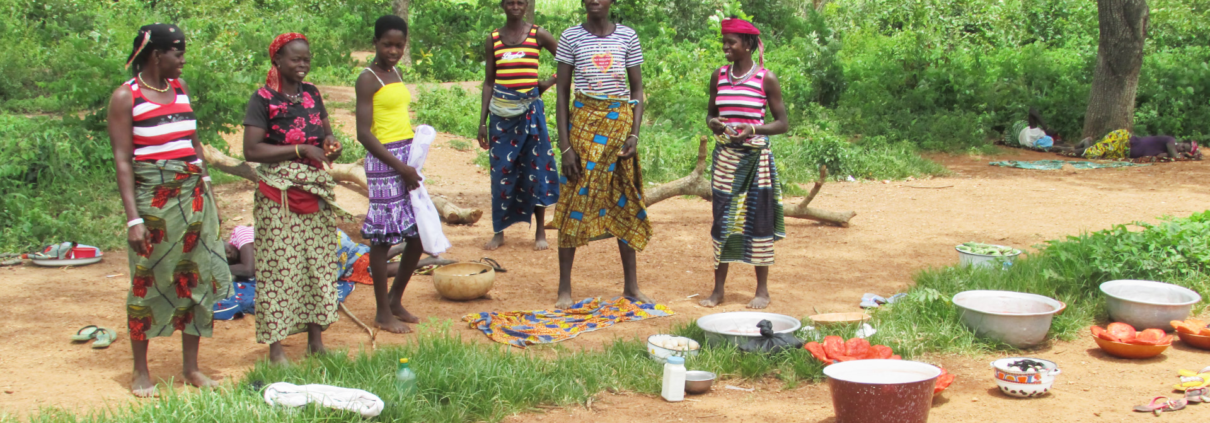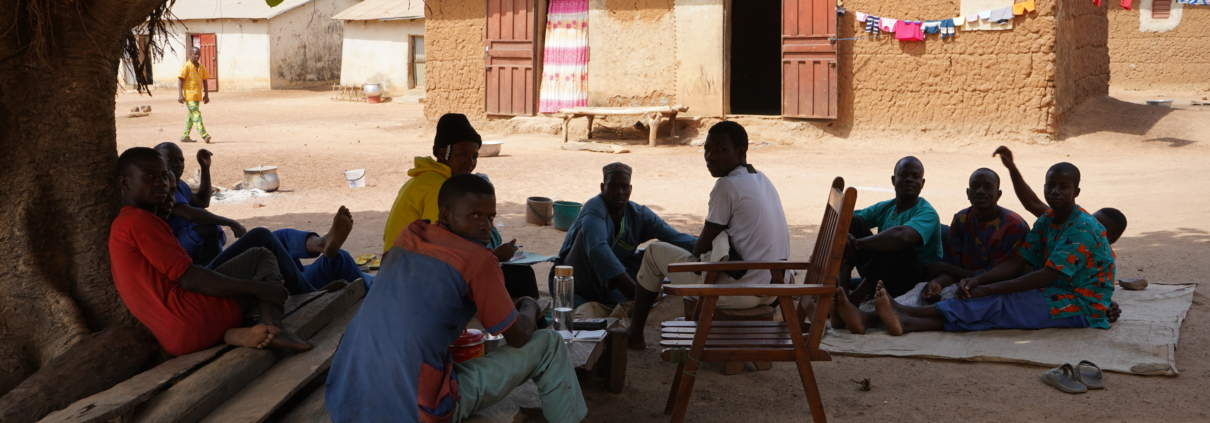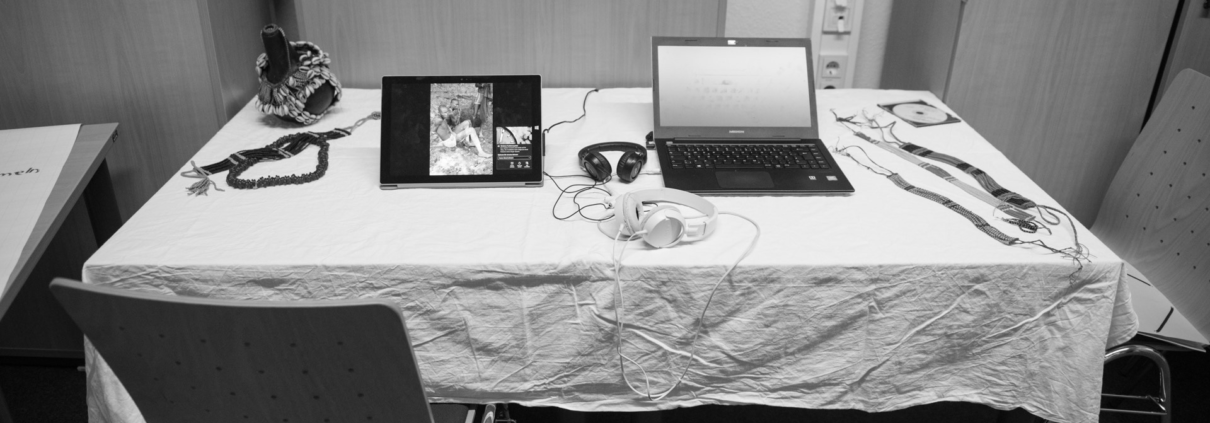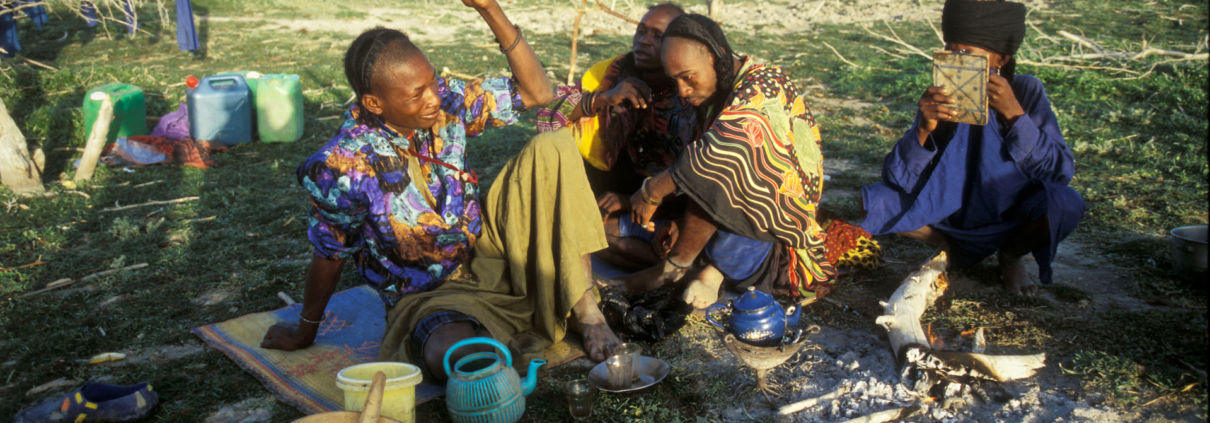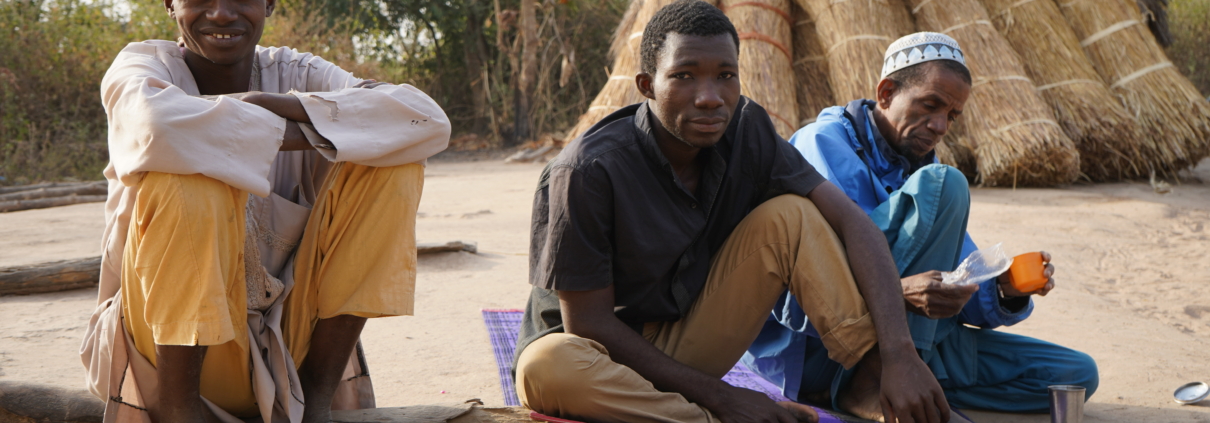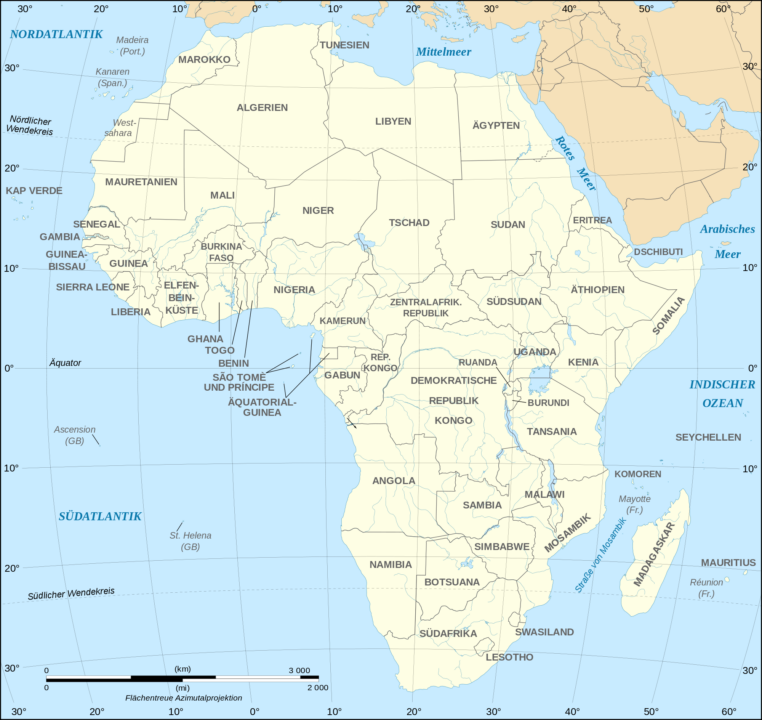
Covid-19 and Pastoralism
(Re-) Negotiating Gender Power Relations in Pastoralist Societies
Changing Fortunes in West Africa’s Pastoral Society
Negotiation in Cultural Production
Cultural and Global Neighbourhood Relations in Times of Rapid Change
…
Changing Fortunes
Students at BA and MA level are invited to contribute to this core area of research on processes of social and cultural transformation in pastoral societies in West and Central Africa (particularly Cameroon and Benin). The shrinking of pastoral space and the incorporation of pastoral family households into markets, into the logic of capitalism and into the wider society have sparked a reconfiguration of pastoral society that we want to describe and analyze. Leading towards a BA or MA thesis, each study project highlights one element of this dynamic and is designed to train key skills in anthropological research in Benin and Cameroon.
(Re-) Negotiating Gendered Relations
African pastoralist societies are structurally perceived in former ethnographic literature as gerontocratic and patriarchal, promoting men over women in all socio-economic, cultural and political spheres of life. But in recent years, processual approaches to pastoralism have moved away from this male-centered ideology, offering new perspectives to understand how pastoralist women (re)negotiate and exert power in different spheres of society. In this context, this project aims to understand how gender relations are reconfigured in the pastoralist setting of Benin, where major environmental, socio-economic and technological transformations are undermining pastoralist livelihoods, especially that of women. The professional associations of pastoralist women created from 2000 onwards by Fulani leaders will serve as entry to the field to understand how Fulani women through their ideas, actions and relations in associative framework influence gender power relations in their favor, in socio-economic, cultural and political terms in Benin.
Human-Environment-Relations
The planned fieldwork will focus on processes of environmental adaptation among the pastoral nomads, the local economy in Oyo north, relations of conflict and cooperation between Fulani and their Yoruba neighbours, health risks associated with the environment and economy in Oyo north, and invention of human healthcare strategies among the pastoral nomads of Oyo north in Nigeria.
Students mainly at a MA level are invited to contribute to this core area of research on social and economic implications of the current COVID-19 pandemic, and of the knowledge and perception of these phenomena at the margins of the infectious events. These margins include large parts of the African continent, which have among the lowest infection rates worldwide. The project focuses on pastoralists, a group that is also living in the shadow of globally circulating information flows. Pastoralists are an interesting case: they are seen as experts in dealing with uncertainties, while their livelihoods have come under serious pressure in many parts of Africa. The core question of this project might be whether – and if so how and to what degree – pastoralists are affected by a virus that is causing havoc in completely different parts of the world. It therefore seeks to contribute to a better understanding of the pandemics, not from its centres but from what is assumed to be its periphery in Northern Benin.
This knowledge is important in how it might affect the future of pastoralism in this region, but also in how it might contribute to a better understanding of the globalising effects of crises which started in China, Europe or elsewhere.
Conflicts
Land Rights and Urban-Rural-Relations
The global neighbourhood approach examines processes which are presently taking place all over the world when looking at the emergence of new global markets, economic policies and land investments that lead to transformations of local livelihoods. In contrast to a familiar cultural neighbourhood, where direct neighbours meet each other, the impact and behaviour of unfamiliar, national or global neighbours, like the state, missionaries, NGOs and international entrepreneurs etc. are characterized through asymmetry, especially concerning power relations. Questions arise about these new relationships and their potential for peaceful relationships and conflict. Students are invited to examine defined aspects of changing neighbourhood relations, focusing on local knowledge within globalizing environments, especially in agro-pastoral areas of Ethiopia. Leading towards a BA and MA theses, the studies are designed to train key skills in anthropological research. Research grants are available for suitable candidates in Ethiopia.
New Forms of Settlement and Housing
